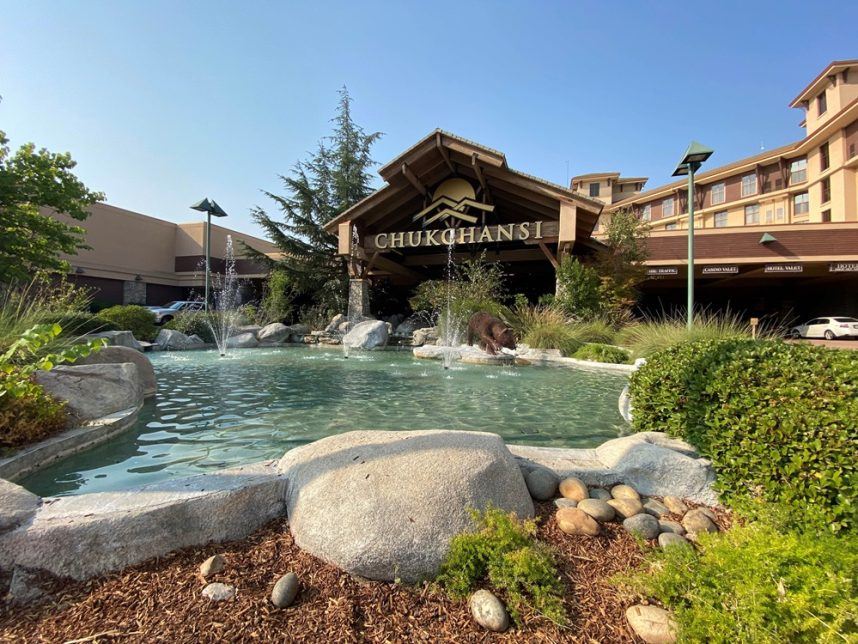Published on: October 21, 2024, 06:02h.
Last reviewed on: October 21, 2024, 06:02h.
Visitors at the Chukchansi Gold Resort & Casino, near Fresno, Calif., on Saturday observed approximately 100 individuals outside the premises protesting against the owner, the Picayune Rancheria of Chukchansi Indians.

The protesters strongly opposed the Chukchansi’s disenrollment practices, as reported by YourCentralValley.com. They allege that the policy is a form of attack by the tribe on its own people, driven by greed for casino profits.
Approximately 80 of the 567 federally recognized tribes in America are known to disenroll members, with the Chukchansi Tribe being one of the most severe cases.
Since the establishment of the casino in 2003, over half of its members have been excluded. This includes individuals with documented lineage, families descended from tribal founders, and some of the last native speakers of the tribal language.
What is Disenrollment?
Disenrollment is the practice of stripping members and their descendants of citizenship in a tribal nation, along with the associated benefits such as housing, healthcare, and a share of casino revenue.
While it is supposedly used to correct tribal rolls and maintain the tribe’s integrity, critics argue that some tribes use it as a political or economic tool.
Protesters interviewed by YourCentralValley.com on Saturday claimed that this is the case with the Chukchansi Tribe, which notified 49 members in mid-March of their impending expulsion.
“We lost our home because of this,” said one man who chose to remain anonymous. “My kids had to change schools and, most importantly, my children are losing their heritage.”
Casino.org previously reported in 2019 on the removal of 60 members from the roll. Many disenrollments occurred during disputes between rival factions vying for control of the tribal council and its casino revenues.
The casino generates an estimated $43.7 million in revenue annually as of 2022. Since its opening in 2003, the tribe has disenrolled over half of its members.
“We have provided documented proof of our identity to Chukchansi. Yet, they ignore it because they are trying to increase their per capita payments,” former tribal board member Claudia Gonzales told YourCentralValley.com.
2014 Armed Takeover
In October 2014, a power struggle turned violent when about 20 armed men from a rival faction stormed the casino following a disputed election.
As casino patrons sought shelter, the attackers forced security guards at gunpoint into a secure area of the building, where they were handcuffed and reportedly assaulted.
The men claimed they entered the casino to locate overdue accounts that needed to be submitted to the National Indian Gaming Commission to avoid penalties for late filing.
A federal judge ordered the casino’s closure, which lasted over a year and cost the tribe millions.
The leader of the coup, Tex McDonald, was sentenced to 485 days for false imprisonment.


